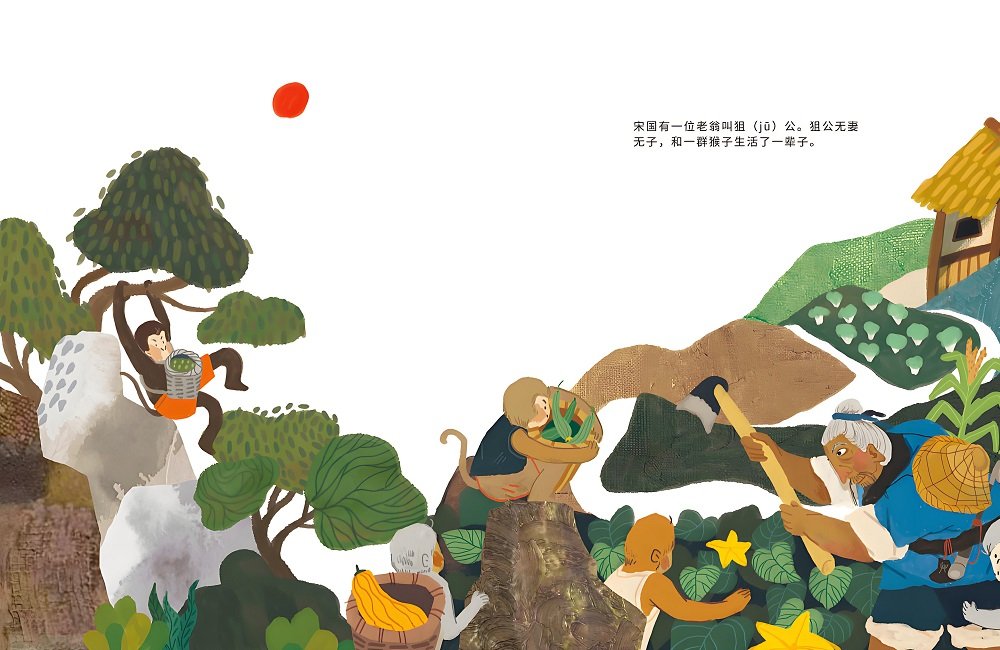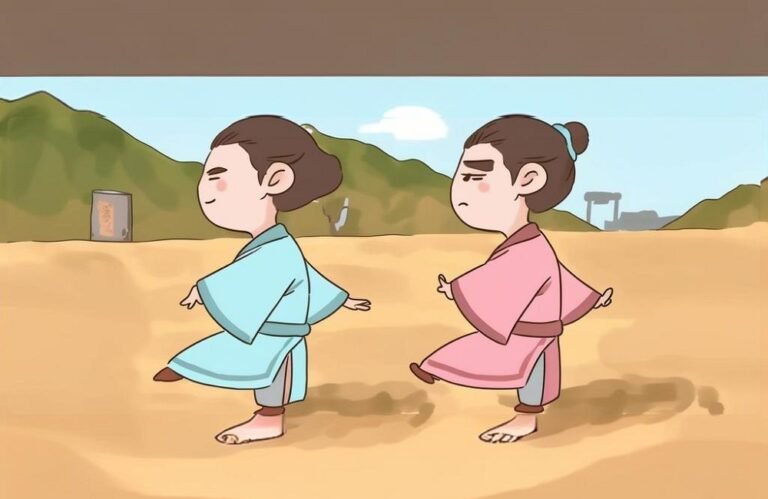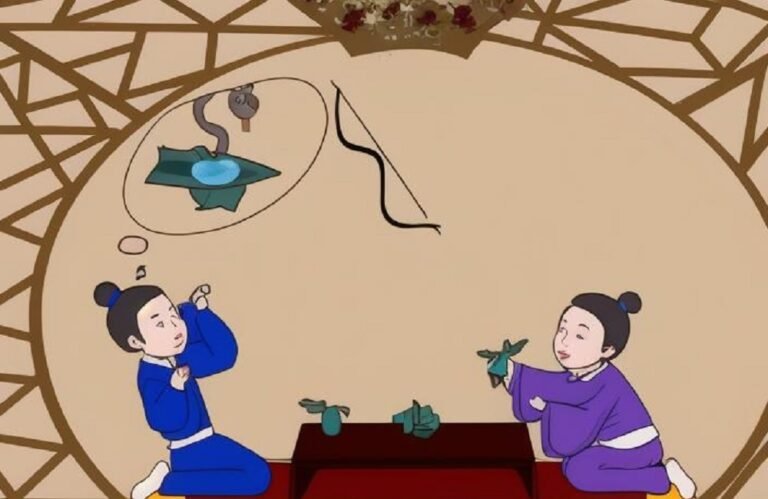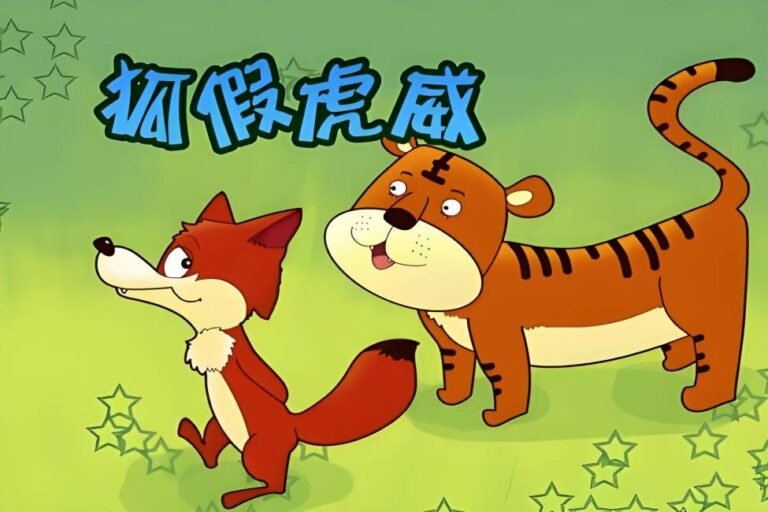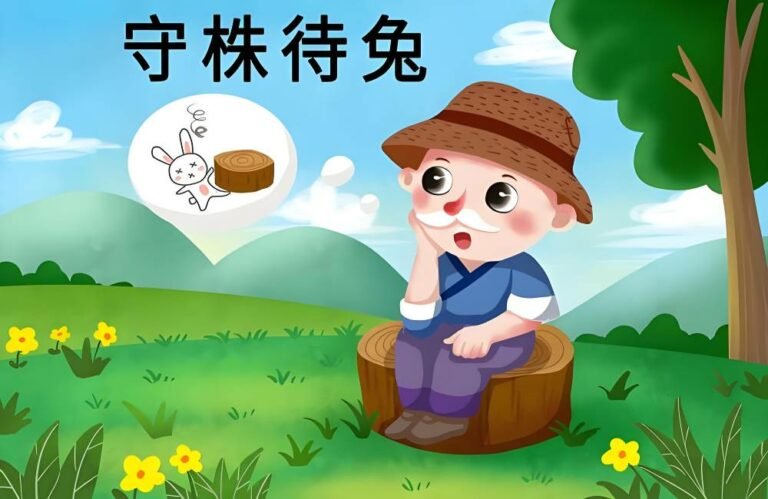Chinese idiom-朝三暮四 (zhāo sān mù sì)
The idiom “cháo sān mù sì” (朝三暮四) originates from the Warring States period in ancient China, specifically from a story about a man in the Song state who loved to raise monkeys.
The man, known as Ju Gong, had many monkeys in his household, and he had to provide them with a large amount of food every day, such as melons, vegetables, and grains. However, one day, Ju Gong realized that his stored food would not last until the new crops were harvested, so he decided to limit the monkeys’ food intake.
Originally, Ju Gong planned to give the monkeys seven chestnut oaks every day, four in the morning and three in the evening. However, when the monkeys heard this news, they expressed great dissatisfaction. To appease them, Ju Gong came up with a plan. He changed the distribution of the chestnut oaks, giving them three in the morning and four in the evening. Although the total amount did not change, the monkeys were delighted with the news.
This story was recorded by Zhuang Zhou in the “Zhuangzi · Qiwu Lun” (《庄子·齐物论》). The original passage reads: “Ju Gong distributed chestnut oaks to the monkeys, saying, ‘Four in the morning and three in the evening.’ The monkeys were all angry.
Then he said, ‘Alright, three in the morning and four in the evening.’ The monkeys were all pleased. The names and quantities had not changed, but their happiness and anger were manipulated by this.” This story has later evolved into a metaphor for someone or something that is inconsistent, changeable, and unpredictable. In modern Chinese, “cháo sān mù sì” is often used to criticize such inconsistent behavior or people.

